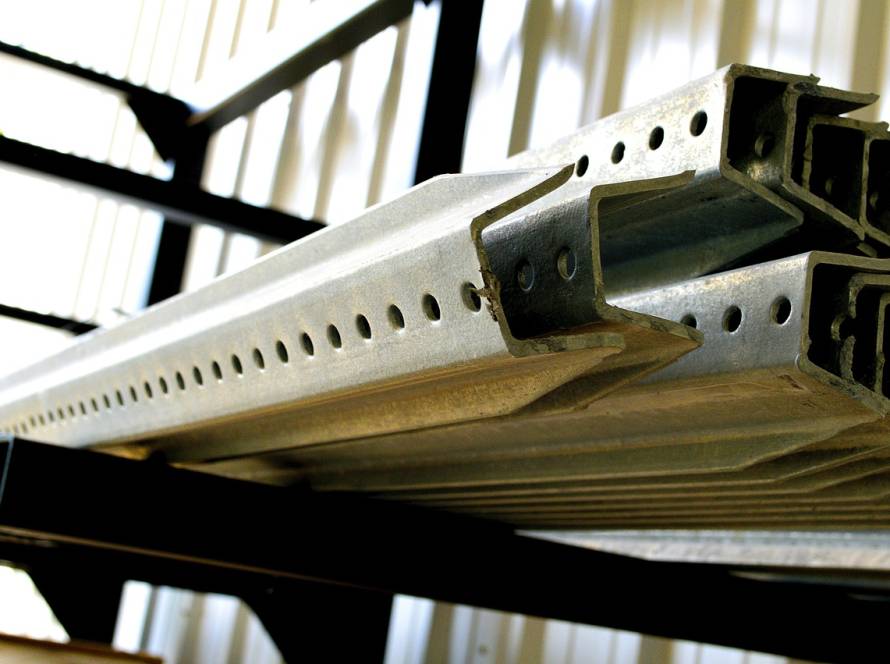A construction manager—also called a construction site manager or construction project manager—oversees a construction project from start to finish. Their main responsibilities include:
- Planning the project and creating a complete budget
- Coordinating with clients and providing updates on project milestones and timelines
- Supervising the construction phase to ensure work is completed efficiently and safely
- Selecting construction practices and strategies appropriate to the project
- Understanding technical and contract details and communicating them to workers and professionals
Construction managers work closely with architects, engineers, and other specialists, including stonemasons, electricians, carpenters, landscapers, and more. For large projects, such as office buildings or industrial complexes, managers may oversee only a part of the project and delegate tasks to subcontractors.
They often use cost-estimating and planning software to manage budgets, schedule materials, and improve efficiency. Construction managers must also solve unexpected issues quickly and make personnel decisions to meet deadlines.
Some construction managers are self-employed. In this case, they must find clients, market their services, bid for projects, and manage diverse types of construction work.
Key Responsibilities of a Construction Manager
| Responsibility | Details |
|---|---|
| Project Planning | Create detailed plans and schedules from start to finish |
| Budgeting | Develop cost estimates and manage project budgets |
| Client Coordination | Communicate milestones, timelines, and project updates |
| Team Management | Supervise workers, subcontractors, and specialists |
| Technical Oversight | Understand technical and contract details and relay to team |
| Problem Solving | Identify and resolve delays or unexpected issues quickly |
| Software Use | Use planning and cost-estimating tools to optimize efficiency |
| Workplace | Mainly on-site field office; may travel for multiple projects |
Workplace and Daily Life
Many managers have a main office but spend most of their time in a field office on-site, monitoring the project and making daily decisions.
Those managing multiple projects may travel frequently between sites.
Construction managers can work on residential, commercial, or industrial projects, depending on their experience and expertise. Their goal is always to deliver the project on time, within budget, and to required quality standards.
Get Started with Construction Manager Training
If you want to develop your skills as a construction manager or take your career to the next level, SB Skills offers expert trainin. Our accredited courses provide practical knowledge and guidance to help you succeed in planning, supervising, and managing construction projects safely and efficiently.
We offer Level 6 NVQ Construction Site Management courses and Level 7 NVQ Construction Senior Management courses.
To discuss the right course for you or your team, call 01695 558 420 or email info@sbskills.co.uk to submit your enquiry. Our experienced trainers and support staff are ready to help you get started.



